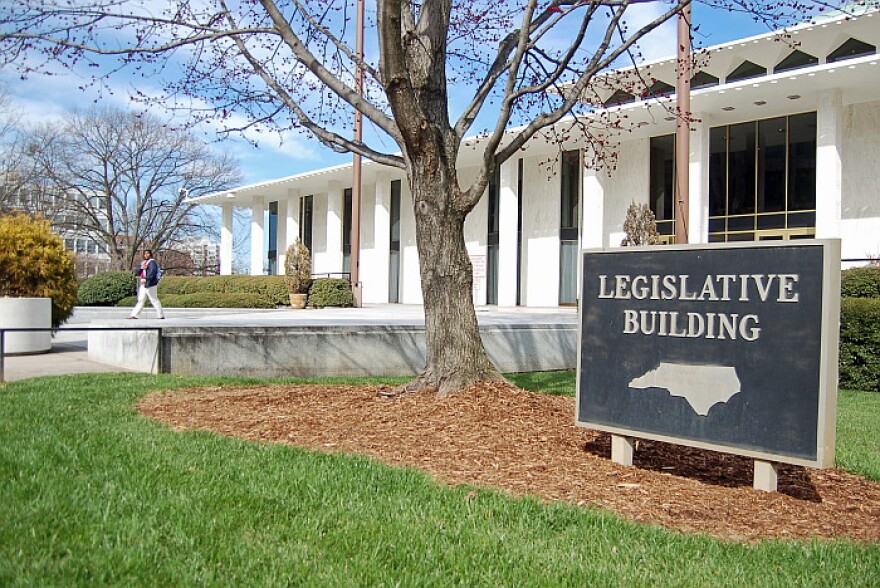North Carolina is in a stronger financial position than budget analysts anticipated last year at the start of the pandemic, according to a report from a group of economists.
The analysis from the Office of State Budget and Management and the General Assembly's Fiscal Research Division project the state will receive $4.1 billion more in revenue this fiscal year than expected. The change represents a nearly 18% increase than they had forecast in May 2020.
The extra revenue primarily came from higher income and sales tax collections and strong business tax collections.
The coronavirus pandemic created much uncertainty at the time the economists issued their report last year, prompting them to predict the state would be in a weaker economic position. The state has not seen as serious of a recession as expected.
But the recovery has not spread equally across the workforce. The report issued Thursday notes that a chunk of the state's workforce will continue to struggle if transmission of the virus remains prevalent.
"Despite solid revenue growth, a small segment of the workforce will remain un- or underemployed as long as COVID-19 is prevalent, and this will keep both the economy and revenue below their full potential rate of growth," the report said.
Workers in the service industry, particularly in retail and leisure and hospitality, are seeing the most economic damage, as many small businesses have already folded or are struggling to hang on, according to the report.
Meanwhile, higher-income workers were more likely to be able to work from home and remain on their company's payroll. The economists noted that most North Carolina tax revenue comes from middle and upper income households.
COVID relief bills passed by Congress have allowed residents to receive direct assistance. The stimulus bills have also given the state the ability to disburse billions of dollars to help get back on track financially. The economists are basing their updated estimates, in part, on the assumption that another round of stimulus will be enacted and that the spread of the virus will continue to decrease as more people get vaccinated.
"The combined impact of Federal Stimulus payments and the K-shaped recovery meant that Personal Income withholding and Sales tax collections were surprisingly strong compared to what we expected back in May 2020," the economists wrote.
Republican House Speaker Tim Moore attributed good economic news to the state's tax policies.
"People are paying lower taxes in North Carolina and benefitting from a pro-growth approach to the public and private sector," Moore said in a statement.
Democratic Gov. Roy Cooper acknowledged residents have not equally benefitted from the recovery and that many continue to struggle. Earlier this week, he signed a COVID relief bill from state lawmakers that uses federal funds to help reopen schools, expedite the vaccine distribution process and assist North Carolinians unable to pay their rent.
"While state revenue is strong, people across our state are still hurting and we must use these funds to help them recover from this pandemic," Cooper said in a statement. "We must bring real help to our schools, to small businesses and to people who have lost income and lack health care to ensure our state and entire economy emerge from this pandemic stronger than ever."





